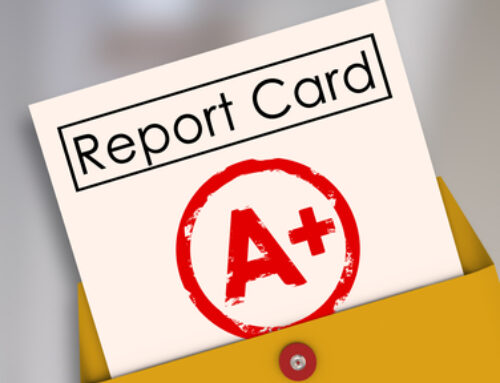 Clothes and belongings have been packed. Cars have been loaded up or suitcases have been checked. Bed Bath and Beyond items have been ordered for pickup in cities and towns across America. You know what this means: members of the high school class of 2019 have headed off to college. They’ve said goodbye to friends and family members and have moved into dorm rooms and started classes.
Clothes and belongings have been packed. Cars have been loaded up or suitcases have been checked. Bed Bath and Beyond items have been ordered for pickup in cities and towns across America. You know what this means: members of the high school class of 2019 have headed off to college. They’ve said goodbye to friends and family members and have moved into dorm rooms and started classes.
For some students, the transition to college will be relatively easy. They’ll make friends, join clubs, get along with their roommate, and find their classes challenging but not overwhelming. They might be homesick on occasion (especially when they get that inevitable first cold that spreads like wildfire on college campuses), but they’ll generally be ok. Yet, others will have a more difficult time. They’ll struggle to make friends and find activities to participate in, they’ll have problems with their roommate, and/or their classes will prove to be overly difficult.
We often hear about students who aren’t academically prepared for college and have to take remedial classes. But what about students who aren’t emotionally prepared? Dr. Anthony Rostain and Dr. B. Janet Hibbs are mental health professionals who work with college students. In a recent Wall Street Journal article, they wrote about the growing number of college students who are experiencing mental illness, particularly anxiety and depression. The transition to college can intensify these issues.
Drs. Rostain and Hibbs reported, “More than 85% of college students described feeling ‘overwhelmed,’ and 51% reported feeling at some point in the past year that ‘things were hopeless,’ according to the American College Health Association’s annual survey in 2018. Last year, fully a third of college students received treatment at campus counseling centers, according to the latest annual Health Minds Study, a web-based student survey of 155,000 students from nearly 200 campuses.”
They went on to suggest possible reasons for these trends. Chief among them is that in response to societal changes in the last few decades, parents are now playing a more significant role in their teenage children’s lives. While parents may see their interventions as helping their son or daughter, the unintended consequence is that children are not learning how to cope with problems on their own.
When students go off to college and can no longer rely on their parents to the extent they did in high school, this can add to students’ anxiety and their difficulty in adjusting to college life. As Drs. Rostain and Hibbs wrote, “research has shown that
Parents may be wondering how they can help their child make a successful transition to college. For those whose kids have just started college, Drs. Rostain and Hibbs suggest talking with your child about the challenges they may face. If they do encounter these challenges, instead of immediately suggesting a solution, work with them to problem-solve.
For parents whose kids are still in high school, now is the time to begin pulling back and allowing your son or daughter to take on more responsibility for everyday tasks (see my blog post, “Life Skills You Should Learn Before Starting College”). One of the most important lessons you can teach your child is how to advocate for themselves. When a difficult situation arises, especially if it’s with an adult (i.e., a teacher or coach), give your child the opportunity to address it before you step in. This may mean that you need to talk with your son or daughter about what to say or maybe even role play.
Parents also need to understand that, due to federal laws, colleges cannot share students’ academic or health information with parents, even though parents are likely paying for their child’s education. If this is a concern, parents may want to ask their child to give permission to the college to release this information.
It’s also important that parents communicate to their children that it is ok to ask for help, even if that doesn’t mean asking a parent. There are so many resources on college campuses, from resident advisers to academic advisers to college counseling centers, but many students don’t access them. As Drs. Rostain and Hibbs explain, “A 2013 report on an intervention program published in the American Journal of College Health found that participants’ top reasons for not initially seeking counseling were ‘My problems are not serious enough to warrant assistance’ (66%), ‘I don’t have enough time’ (27%) and ‘I prefer to manage my problems on my own’ (18%).”
Parents, if you know your child is struggling, your inclination may be to get in the car or hop on a plane and go to them. But again, this will keep them from learning how to manage and cope with the challenges that are a natural part of life. Instead of jumping to your child’s rescue, help your son or daughter identify who they can talk to on campus and where they can get assistance. And let them know that you will be there (emotionally, not physically) to support them.





